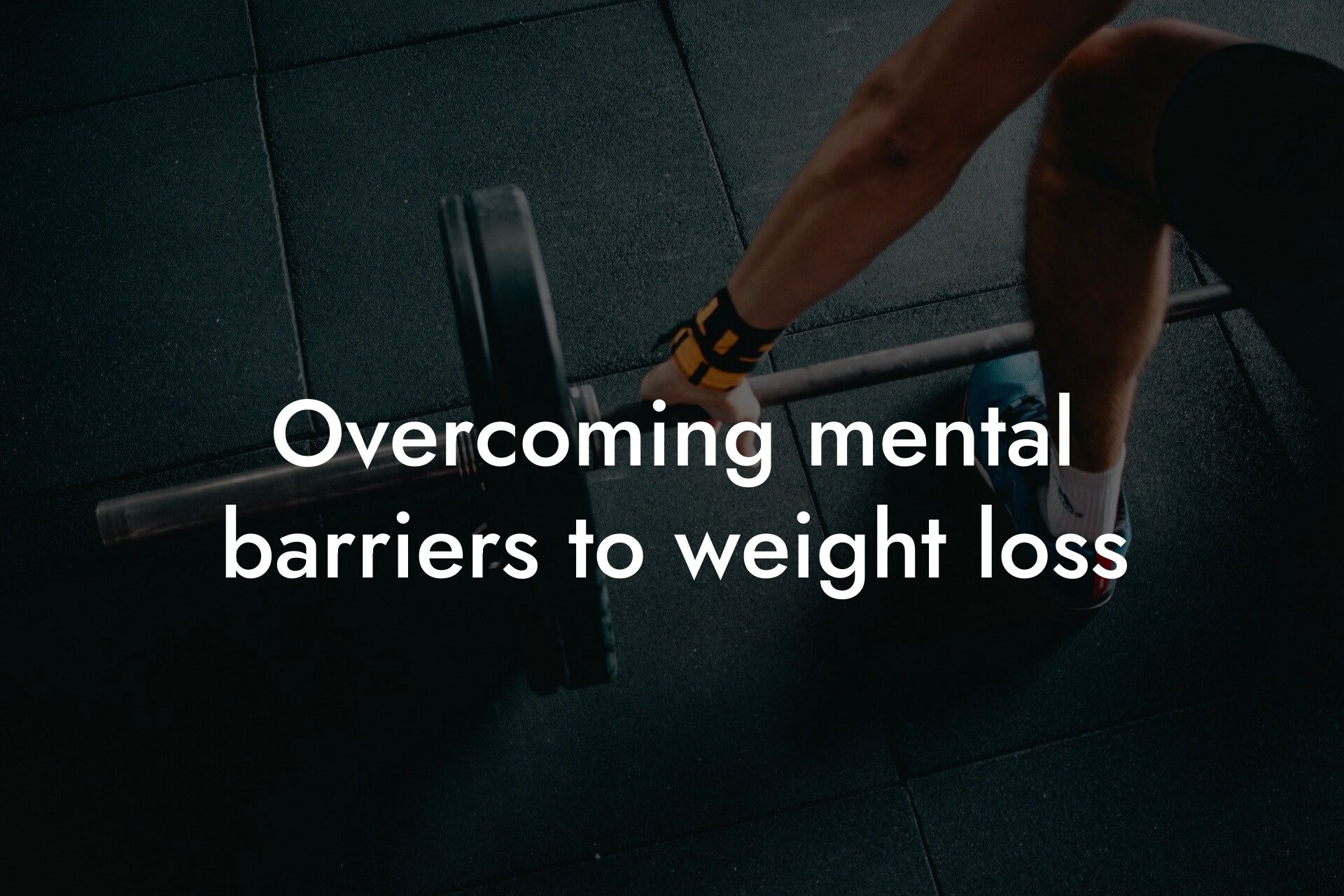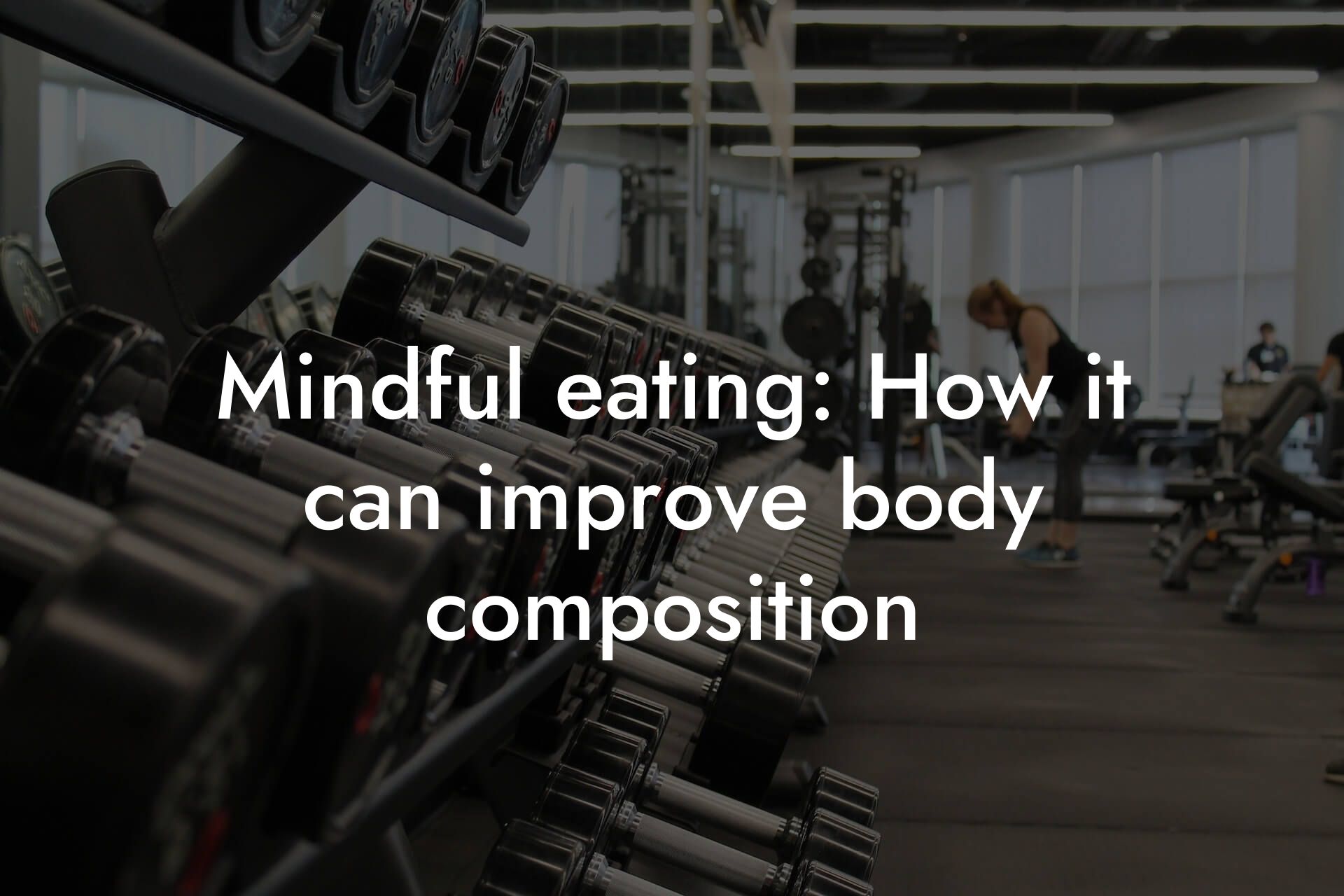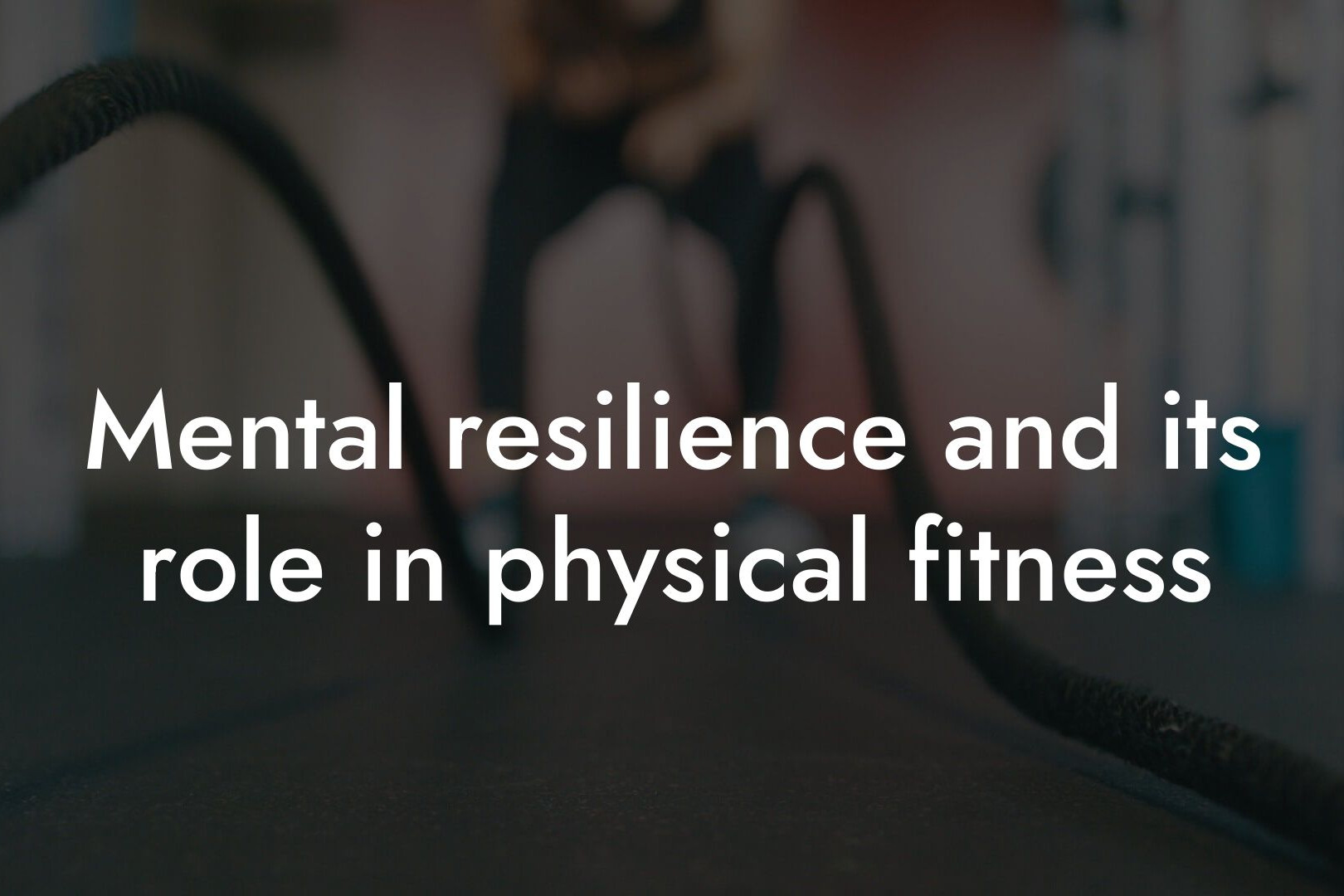As high-earning professionals, you understand the importance of taking care of your physical appearance and overall health. At Tano Performance Group, we're committed to providing you with the tools and knowledge you need to optimize your physique, body fat, and bone density. One often overlooked aspect of physical health is the impact of meditation on the body. In this article, we'll delve into the surprising ways meditation supports physical health and why it should be an essential part of your wellness routine.
Table of Contents
- The Science Behind Meditation and Physical Health
- Reducing Chronic Pain with Meditation
- Improving Sleep Quality with Meditation
- Meditation and Inflammation: The Surprising Connection
- Boosting Immune Function with Meditation
- Meditation and Cardiovascular Health
- Meditation and Body Composition
- Incorporating Meditation into Your Wellness Routine
- Frequently Asked Questions
The Science Behind Meditation and Physical Health
Studies have shown that regular meditation practice can have a profound impact on physical health. Meditation has been found to decrease the production of stress hormones like cortisol, which can contribute to weight gain, inflammation, and a weakened immune system. Additionally, meditation has been shown to increase the production of antibodies, which help fight off infections and diseases. This is because meditation has a positive impact on the body's parasympathetic nervous system, which regulates relaxation and reduces stress.
Reducing Chronic Pain with Meditation
Chronic pain is a common issue many high-earning professionals face, often as a result of long hours spent sitting or intense physical activity. Meditation has been shown to be an effective tool in reducing chronic pain by increasing the brain's pain tolerance and decreasing emotional reactivity to pain. This is because meditation helps to rewire the brain's response to pain, making it more manageable and reducing the emotional distress associated with it.
Improving Sleep Quality with Meditation
Sleep is essential for physical recovery and rejuvenation. Meditation has been found to improve sleep quality by reducing stress and anxiety, making it easier to fall asleep and stay asleep. This is because meditation helps to regulate the body's circadian rhythms, leading to more restful and restorative sleep. Improved sleep quality has been linked to a range of physical health benefits, including improved body composition, increased muscle mass, and enhanced athletic performance.
Meditation and Inflammation: The Surprising Connection
Inflammation is a major contributor to chronic diseases like heart disease, diabetes, and cancer. Meditation has been found to reduce inflammation in the body by decreasing the production of pro-inflammatory cytokines and increasing the production of anti-inflammatory cytokines. This is because meditation has a positive impact on the body's immune system, reducing the body's inflammatory response and promoting overall health and wellness.
Boosting Immune Function with Meditation
A strong immune system is essential for fighting off infections and diseases. Meditation has been found to boost immune function by increasing the production of antibodies and activating the body's natural killer cells. This is because meditation has a positive impact on the body's immune system, making it more resilient and better equipped to fight off infections and diseases.
Meditation and Cardiovascular Health
Cardiovascular disease is a major health concern for many high-earning professionals. Meditation has been found to reduce the risk of cardiovascular disease by lowering blood pressure, reducing stress, and improving lipid profiles. This is because meditation has a positive impact on the body's cardiovascular system, reducing the risk of heart disease and promoting overall cardiovascular health.
Meditation and Body Composition
As professionals interested in physique and body fat, you'll be interested to know that meditation can have a positive impact on body composition. Meditation has been found to reduce stress and increase mindfulness, making it easier to make healthy food choices and stick to a regular exercise routine. This can lead to improved body composition, increased muscle mass, and enhanced athletic performance.
Incorporating Meditation into Your Wellness Routine
So, how can you incorporate meditation into your wellness routine? Start by committing to just 5-10 minutes of meditation per day. You can use a meditation app, guided meditation video, or simply focus on your breath. Consistency is key, so try to make meditation a daily habit. You can also incorporate meditation into your daily routine by meditating during your lunch break, before a workout, or before bed. Remember, every little bit counts, and even a few minutes of meditation per day can have a profound impact on your physical health.
In conclusion, meditation is a powerful tool that can have a profound impact on physical health. By reducing chronic pain, improving sleep quality, reducing inflammation, boosting immune function, and promoting cardiovascular health, meditation can help you achieve your fitness goals and optimize your overall health and wellness. At Tano Performance Group, we're committed to providing you with the tools and knowledge you need to take your physical health to the next level. By incorporating meditation into your wellness routine, you can unlock a range of physical health benefits and achieve your goals faster.
Frequently Asked Questions
What is the connection between meditation and physical health?
Meditation has been shown to have a profound impact on physical health, influencing everything from blood pressure to immune function. By reducing stress and promoting relaxation, meditation can help alleviate symptoms of chronic diseases, improve sleep quality, and even slow down the aging process.
Can meditation really help with weight loss?
Yes, meditation can be a valuable tool in achieving and maintaining a healthy weight. By reducing stress and increasing mindfulness, meditation can help individuals make healthier food choices, improve their relationship with food, and develop a more positive body image.
How does meditation affect bone density?
Meditation has been shown to increase bone density, particularly in older adults. This is likely due to the reduction in cortisol levels, which can help promote bone growth and reduce the risk of osteoporosis.
Can meditation improve my physique?
While meditation alone may not lead to significant changes in physique, it can be a valuable complement to a regular exercise routine. By reducing stress and improving sleep quality, meditation can help individuals recover faster from workouts, leading to improved muscle growth and tone.
What is the best type of meditation for physical health?
While different types of meditation can have varying effects on physical health, mindfulness meditation is often recommended for its ability to reduce stress and promote relaxation. Loving-kindness meditation, which focuses on cultivating compassion and kindness, can also have a positive impact on physical health.
How often should I meditate to see physical health benefits?
Consistency is key when it comes to meditation and physical health. Aim to meditate at least 3-4 times per week, with a minimum of 10-15 minute sessions. However, even a few minutes of meditation per day can have a positive impact on physical health.
Can meditation help with chronic pain management?
Yes, meditation has been shown to be an effective tool in managing chronic pain. By reducing stress and promoting relaxation, meditation can help individuals better cope with pain and reduce their reliance on pain medication.
How does meditation affect inflammation?
Meditation has been shown to reduce inflammation, which is a major contributor to chronic diseases such as heart disease and cancer. By reducing stress and promoting relaxation, meditation can help reduce inflammation and promote overall health.
Can meditation improve my immune function?
Yes, meditation has been shown to boost immune function by reducing stress and promoting relaxation. This can help individuals fight off infections and diseases more effectively.
How does meditation affect blood pressure?
Meditation has been shown to lower blood pressure, reducing the risk of heart disease and stroke. This is likely due to the reduction in stress and promotion of relaxation.
Can meditation help with sleep quality?
Yes, meditation can help improve sleep quality by reducing stress and promoting relaxation. This can lead to better rest and recovery, which is essential for overall physical health.
How does meditation affect digestion?
Meditation can help improve digestion by reducing stress and promoting relaxation. This can lead to a reduction in symptoms of irritable bowel syndrome (IBS) and other digestive disorders.
Can meditation help with anxiety and depression?
Yes, meditation has been shown to be an effective tool in managing anxiety and depression. By reducing stress and promoting relaxation, meditation can help individuals better cope with these conditions.
How does meditation affect cardiovascular health?
Meditation has been shown to improve cardiovascular health by reducing blood pressure, improving circulation, and reducing the risk of heart disease.
Can meditation help with athletic performance?
Yes, meditation can be a valuable tool for athletes. By reducing stress and improving focus, meditation can help individuals perform at a higher level and recover faster from workouts.
How does meditation affect hormone regulation?
Meditation can help regulate hormones, including cortisol, insulin, and adrenaline. This can lead to a reduction in symptoms of hormonal imbalances and improved overall health.
Can meditation help with menopause symptoms?
Yes, meditation has been shown to reduce symptoms of menopause, including hot flashes and mood swings. This is likely due to the reduction in stress and promotion of relaxation.
How does meditation affect skin health?
Meditation can help improve skin health by reducing stress and promoting relaxation. This can lead to a reduction in symptoms of skin conditions such as acne and psoriasis.
Can meditation help with hair loss?
Yes, meditation has been shown to reduce hair loss by reducing stress and promoting relaxation. This can lead to improved hair growth and overall hair health.
How does meditation affect respiratory health?
Meditation can help improve respiratory health by reducing stress and promoting relaxation. This can lead to a reduction in symptoms of respiratory conditions such as asthma and COPD.
Can meditation help with addiction recovery?
Yes, meditation has been shown to be an effective tool in addiction recovery. By reducing stress and promoting relaxation, meditation can help individuals better cope with cravings and stay on the path to recovery.
How does meditation affect mental clarity and focus?
Meditation can help improve mental clarity and focus by reducing stress and promoting relaxation. This can lead to improved concentration and productivity.
Can meditation help with overall well-being?
Yes, meditation has been shown to improve overall well-being by reducing stress, promoting relaxation, and improving physical health. This can lead to a greater sense of happiness and fulfillment.
Here are some related articles you might love...
- Overcoming mental barriers to weight loss
- Mindful eating: How it can improve body composition
- Mental resilience and its role in physical fitness
- The role of visualization in achieving fitness goals
- The impact of chronic stress on body fat
- The psychology of body image among professionals
- Body positivity vs body optimization: Finding balance
- Cognitive-behavioral strategies for fitness success
- How stress management improves body composition
Zak Faulkner
Zak Faulkner is a leading authority in the realm of physical health and body composition analysis, with over 15 years of experience helping professionals optimise their fitness and well-being. As one the experts behind Tano Performance Group, Zak has dedicated his career to providing in-depth, science-backed insights that empower clients to elevate their physical performance and overall health.
With extensive knowledge of DEXA technology, Zak specializes in delivering comprehensive body assessments that offer precise data on body fat, muscle mass, bone density, and overall physique. His expertise enables individuals to make informed decisions and achieve their fitness goals with accuracy and confidence. Zak’s approach is rooted in a deep understanding of human physiology, combined with a passion for helping clients unlock their full potential through personalised strategies.
Over the years, Zak has earned a reputation for his commitment to excellence, precision, and client-focused service. His guidance is trusted by top professionals who demand the best when it comes to their health. Whether advising on fitness programs, nutritional strategies, or long-term wellness plans, Zak Faulkner’s insights are a valuable resource for anyone serious about taking their health and fitness to the next level.
At Tano Performance Group, Zak continues to lead our Content Team revolutionising how professionals approach their physical health, offering unparalleled expertise that drives real results.




